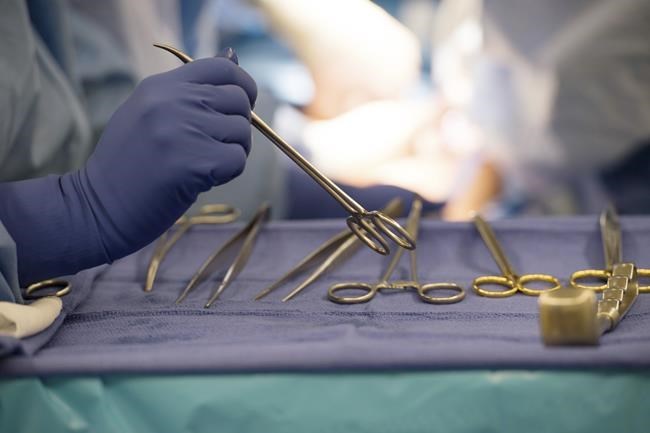MONTREAL — Quebec is reporting a tripling of the number of organ donors in the last five years, including a major jump last year in donations through medical aid in dying.
Transplant Québec says it received 854 organ donation referrals in 2022, which it said was a "record number."
The organization says that about 15 per cent of all donors in the past year had received MAID, adding that the vast majority of them — about 85 per cent — had been diagnosed with neurodegenerative or neurological disease.
Quebec's end-of-life care bill came into effect in December 2015, and the first two organ donations through MAID occurred in 2017, Transplant Québec says.
The organization says the data is in line with an underlying trend in the handful of countries that allow organ donations through MAID — Canada, Belgium, the Netherlands and Spain.
Martin Bouchard, the head of Transplant Québec, says the increasing recourse to MAID in Quebec represents an opportunity to increase the number of organ donors in the province, allowing more people to benefit from a transplant.
This report by The Canadian Press was first published Feb. 8, 2023.
—
This story was produced with the financial assistance of the Meta and Canadian Press News Fellowship.
The Canadian Press



